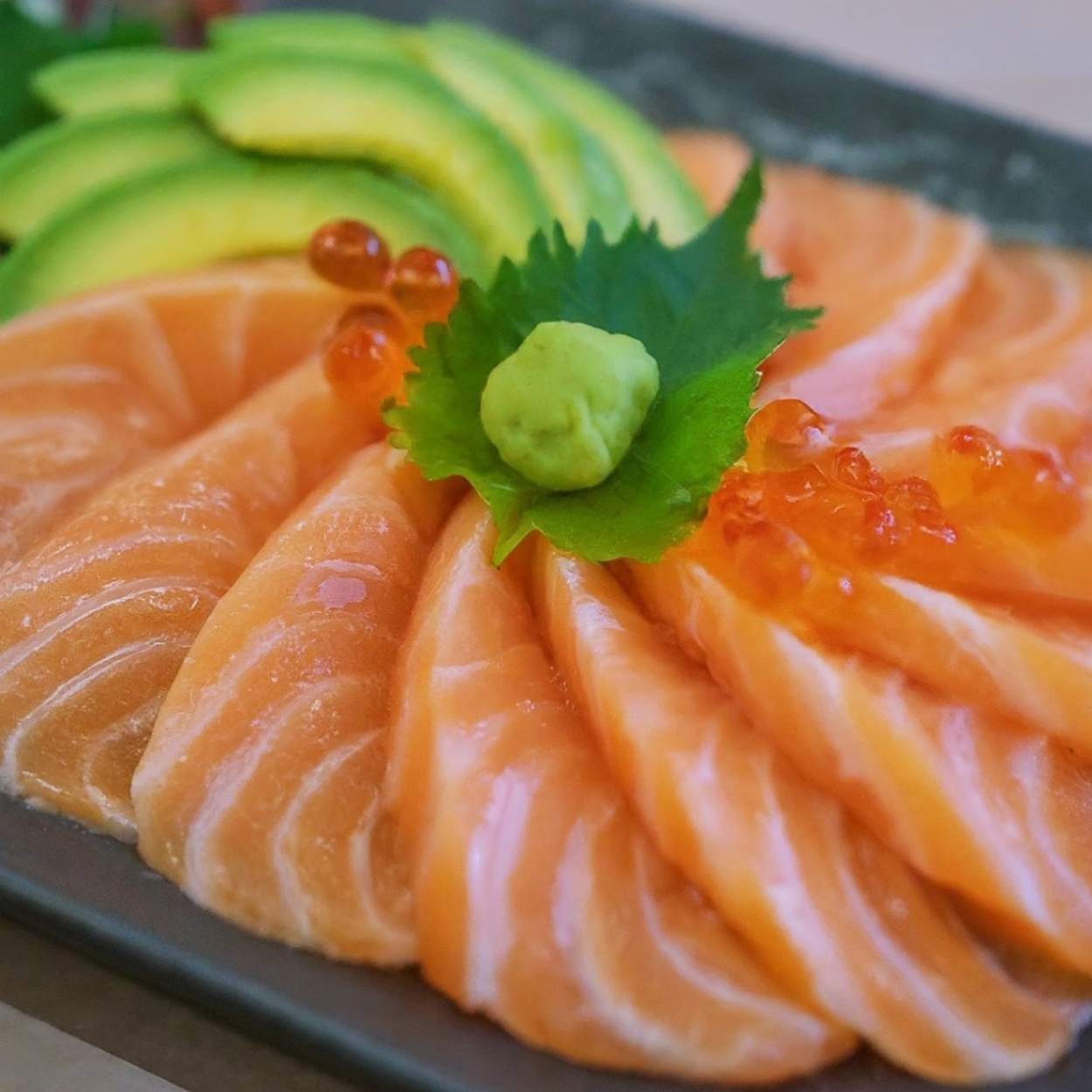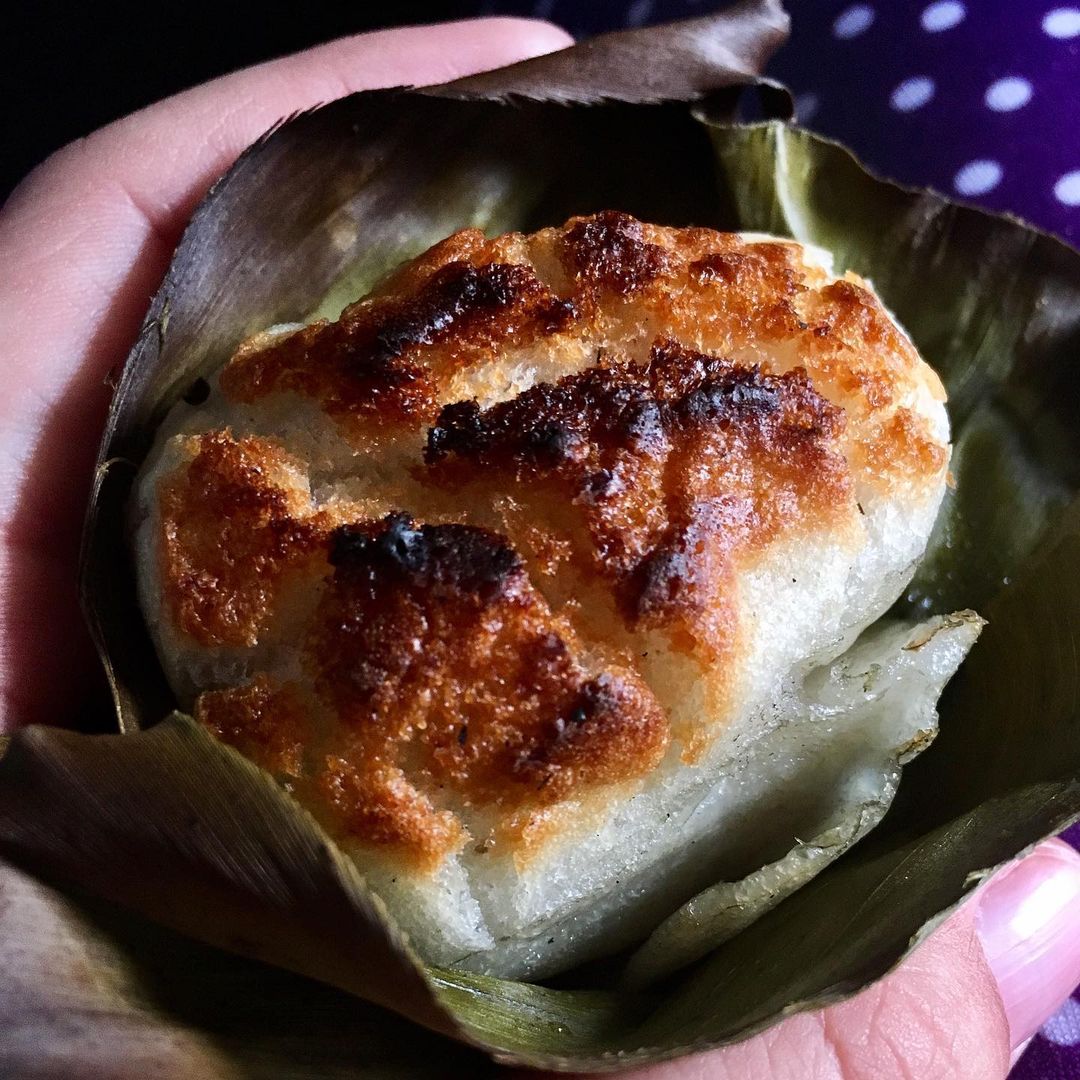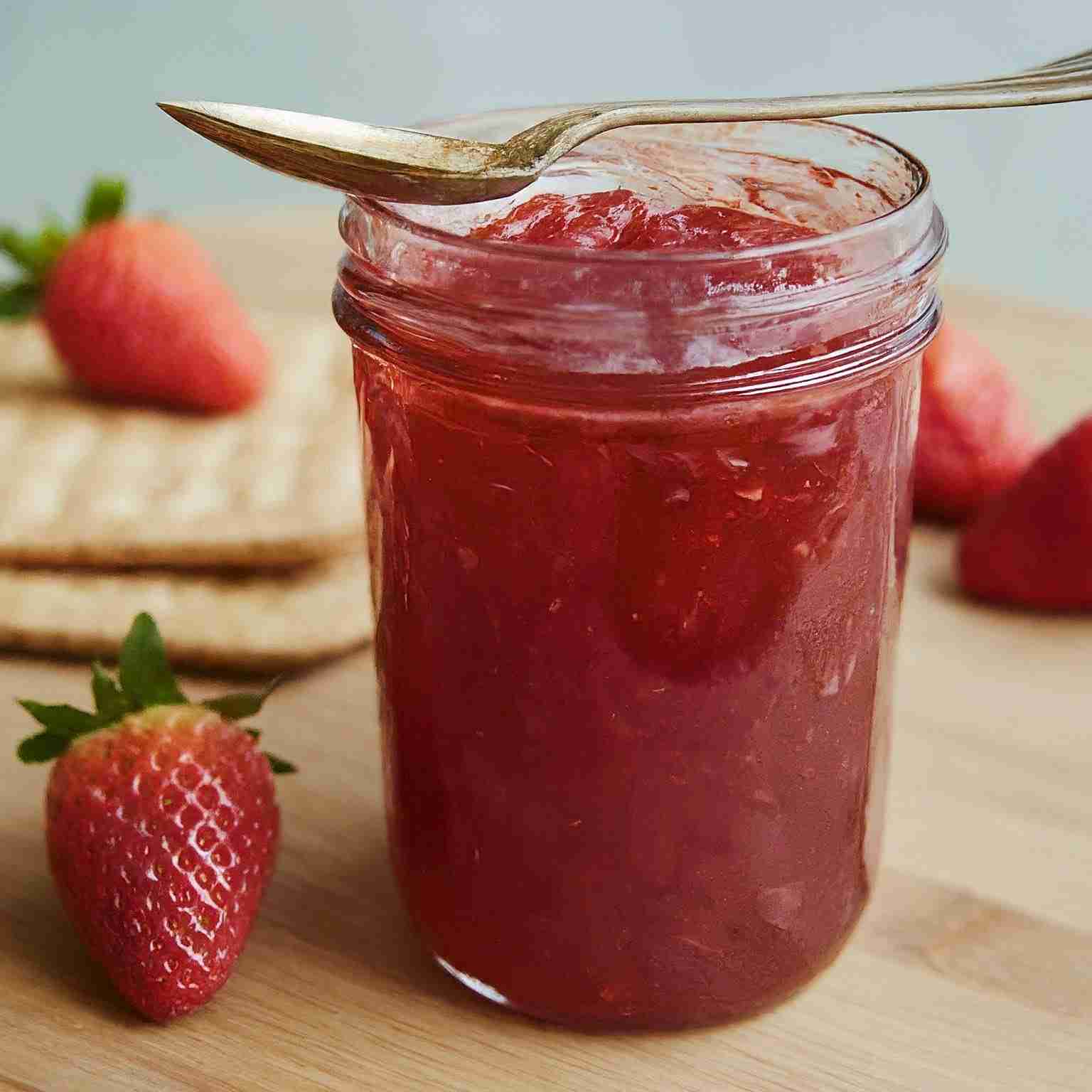salmon sashimi! A delicious and popular Japanese dish. it is a row salmon dish sliced into thin pieces, typically served without cooking. it is often seasoned with soy sauce, wasabi, and pickled ginger. the fatty acid content in salmon makes it a great choice for sashimi. as it adds flavor and texture.
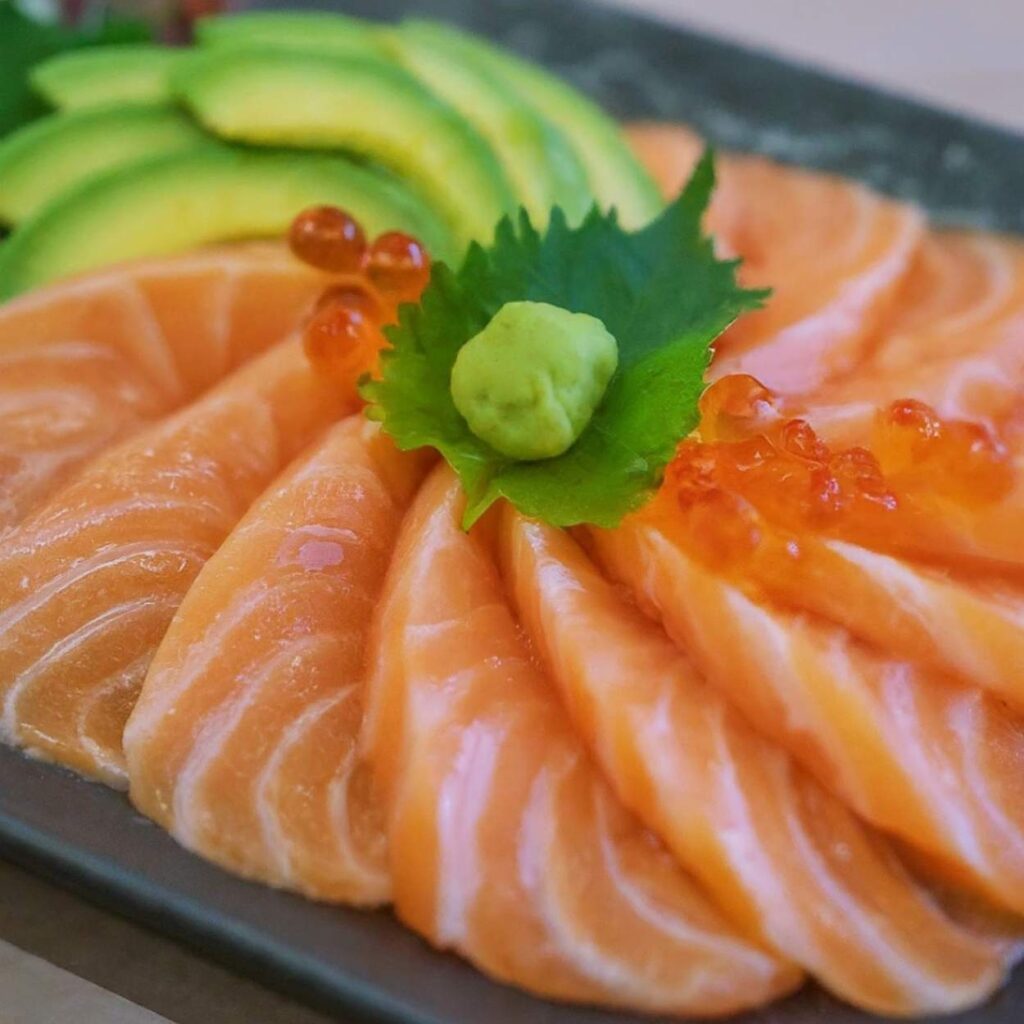
When preparing salmon sushi, the fish must be extremely fresh and of high quality to ensure food safety. Some popular types of salmon used for sashimi include Atlantic salmon, Sockeye salmon, and king salmon. do you have a favorite way of salmon sashimi?
Selecting the Right Salmon
When it comes to sashimi, the quality of the fish should not be ignored because it is fundamental things that make the perfect Salmon.
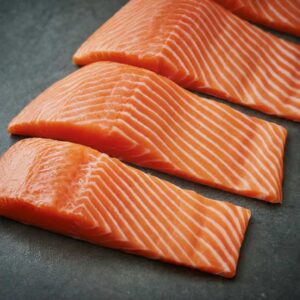
Selecting sashimi-grade or sushi-grade salmon is always an important option. This indicates that the fish is safe to eat raw since it has been frozen to a temperature that eliminates any possible parasites.
Fresh salmon should have a clean, ocean-like smell, not a strong fishy smell. The meat should be firm and have a vibrant color.
Choose wild-caught salmon when possible, as it usually has a stronger flavor and firmer texture than farmed salmon. However, high-quality farmed salmon can also be a good choice.
Preparing Salmon
Most people get sushi from the supper market or the nearest grocery store which can be a choice, but I personally prefer to prepare salmon sushi at home it will also be a rewarding experience for you.
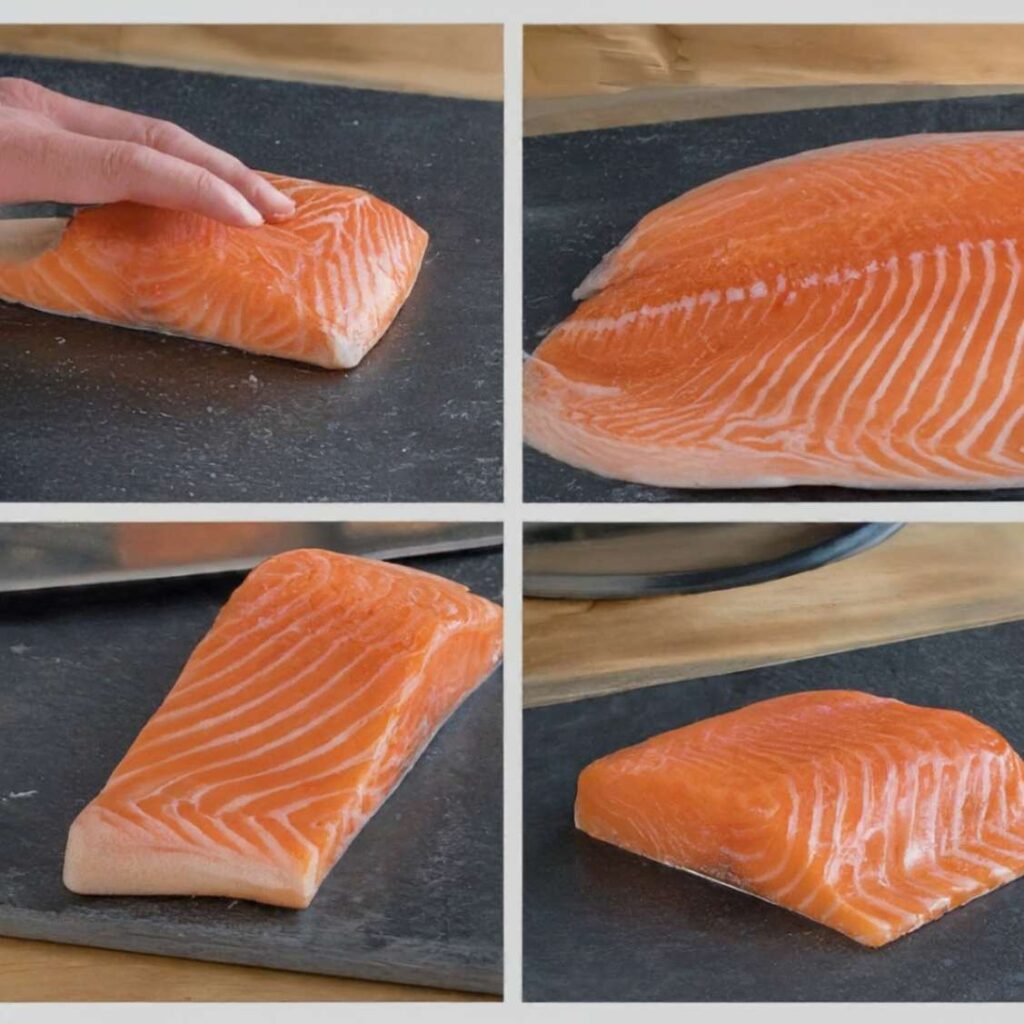
Thawing: If using frozen sashimi-grade salmon, thaw it slowly in the refrigerator to maintain its texture and flavor.
Cleaning: Rinse the salmon under cold water and pat dry with a paper towel.
Slicing: Using a sharp knife, slice the salmon against the grain into thin pieces. The ideal thickness is about 1/4 inch. Cutting at an angle can help create larger, more aesthetically pleasing slices.
Serving
We have gone through all the steps, now it’s time to serve salmon with better taste. take soy sauce in a small bowl for dipping, A dab of wasabi that adds a spicy kick, and Pickled ginger for mouth-watering.
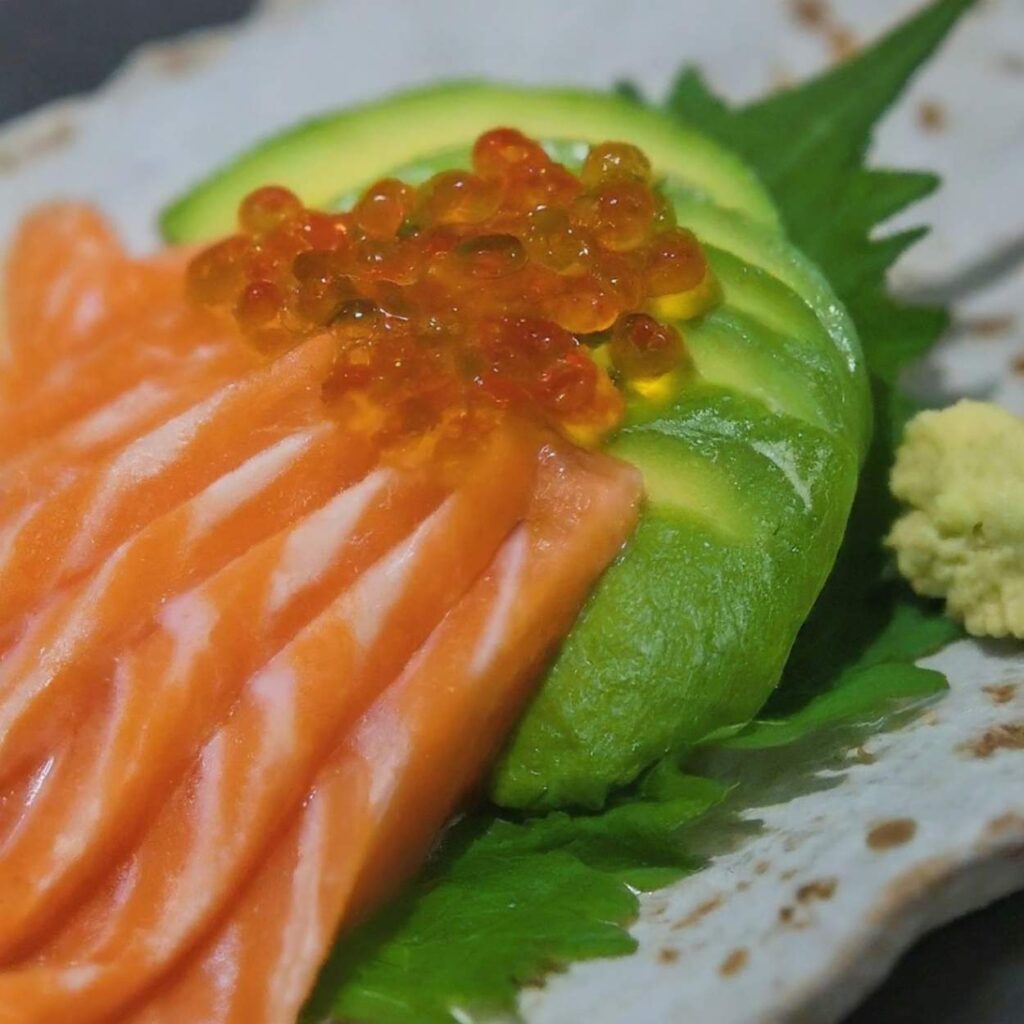
Just give your sushi a boost! For five minutes, fry the fish skin in two tablespoons of oil similar in texture and flavor to chips. The sashimi can also be served with avocado, cucumbers, and lemon.
Salmon sashimi with rice
Salmon with rice is a prevalent combination in Japanese cuisine. In reality, it’s a common way to appreciate sashimi in Japan. This dish is really simple to make and can be served any time of the day because it doesn’t require any cooking.
Here are a few ways to enjoy sushi with rice:
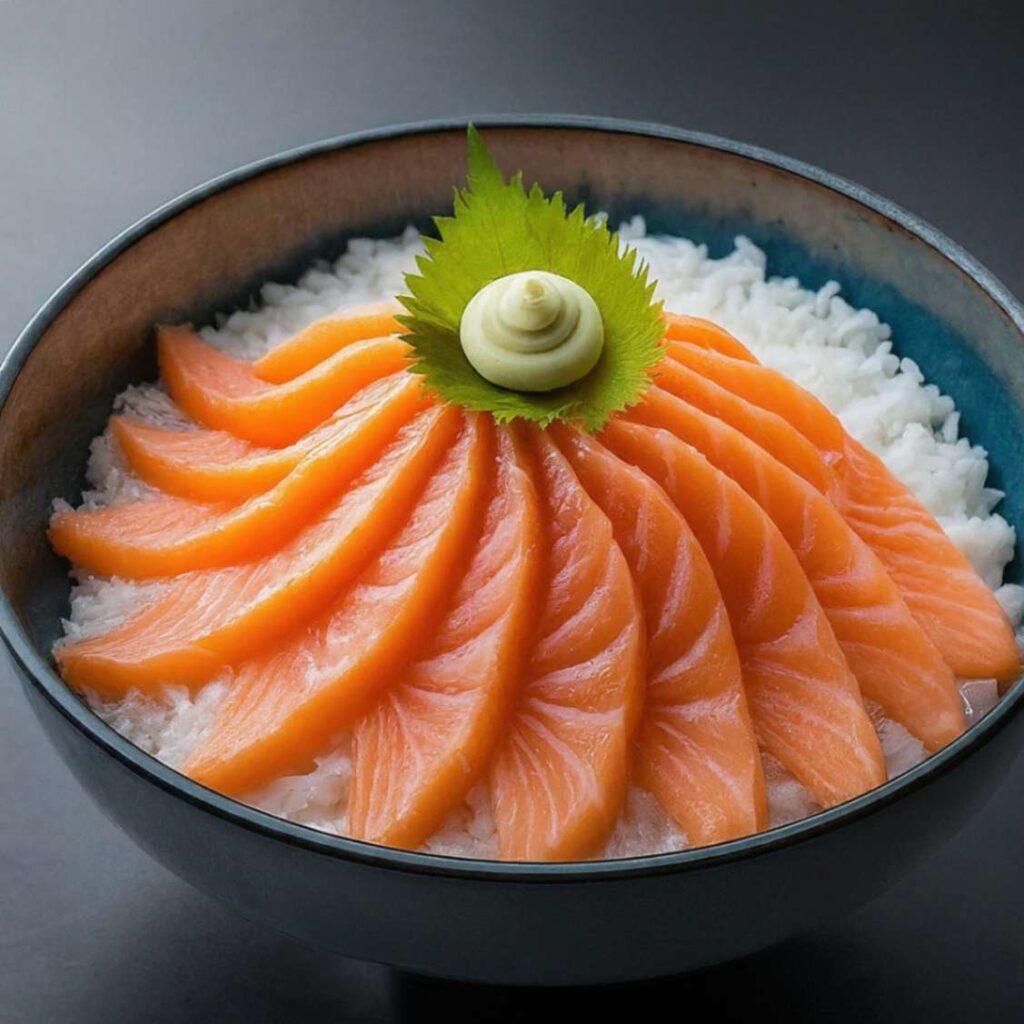
Put the kelp, sake, mirin, and soy sauce in a saucepan and Bring it to a boil over medium heat. After the mixture reaches a boil, cook it for three to five minutes.
Place the rice in a bowl and use your hands to form it into a circular dome. Allow it to reach cool room temperature.
Next, take the fresh salmon and cut it into pieces that are ¼ inch thick.
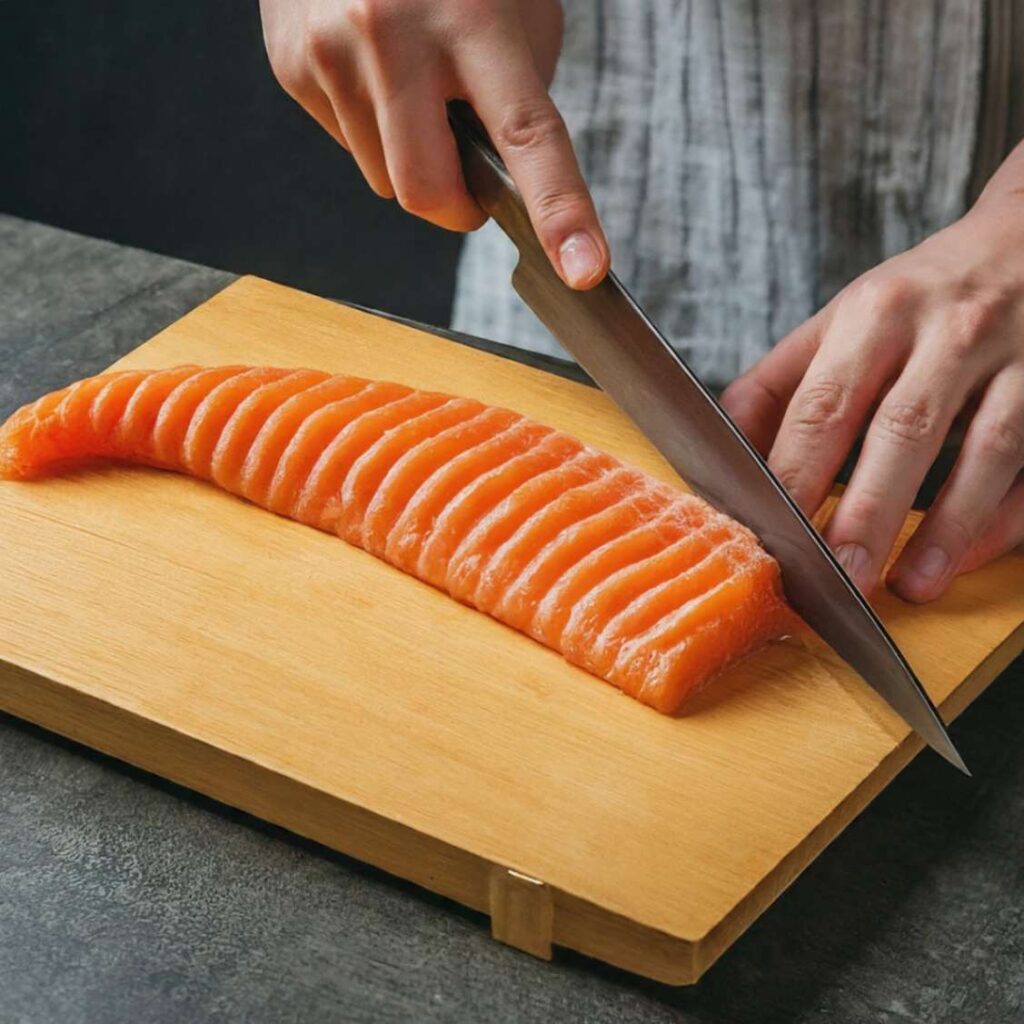
Peel the avocado’s skin off with care after cutting it in half, and place the peeled avocado.
The salmon slices should then be arranged around the dome of the rice once it has somewhat cooled. You can gently overlap the salmon to entirely cover the rice for a more visually appealing appearance. Lastly, cover the salmon with avocado, wasabi, fish roe, and shiso leaf and serve right away. Have fun!
Nutrition Facts
if I tell you salmon is also considered to be an easy recipe along with numerous health benefits it will not be wrong. Because of its tall supplements, salmon is a nutrient-dense dish that has a few well-being benefits.
1. Protein: Salmon is an awesome source of protein, which is fundamental for the improvement and repair of muscles.
2. Omega-3 Fatty Acids: EPA and DHA found in salmon help maintain brain and heart health, as well as possibly reduce inflammation.
3. Vitamin D: Salmon is a rich source of vitamin D, a jet engine for bone health and immune function.
4. Vitamin B12: Necessary for DNA synthesis, red blood cell production, and neuron function.
6. Potassium: Crucial for controlling blood weight and heart health.
7. Antioxidants: Salmon contains various antioxidants, which help shield cells from oxidative stress.
Here’s a rough estimate of the nutritional values for 100g of salmon sushi: All the benefits specified by Salmon sashimi have been collected with the offer assistance of web investigate to allow you superior information.
Salmon Nutrition
Energy: 180 kcal
Protein: 20g
Fat: 10g
Saturated fat: 2g
Omega-3: 1.5g
Vitamin D: 60% of the Daily Value (DV)
Vitamin B12: 100% of the DV
Selenium: 45% of the DV
Potassium: 10% of the DV
Remember that exact figures might alter depending on where the salmon comes from, how fresh it is, and how it is arranged. Savor your salmon with the knowledge that you’re giving your body a nutrient-rich meal!
What sauces should I try with salmon
Let me tell you about ten types of sauces that will enhance the taste of Salmon and you can enjoy it with full pleasure.
1. Soy Sauce: A classic choice, soy sauce adds a savory, umami flavor.
2. Wasabi Mayo: A spicy and creamy combination that enhances the salmon’s flavor.
3. Yuzu Kosho: A Japanese citrus-based sauce with a tangy, slightly spicy flavor.
4. Ponzu Sauce: A citrus-soy sauce blend that adds a refreshing, tangy flavor.
5. Spicy Miso Sauce: A savory, slightly sweet sauce with a spicy kick.
6. Ginger Soy Sauce: Grated ginger adds a warm, spicy flavor to traditional soy sauce.
7. Sesame Oil and Lemon: A light, refreshing combination that highlights the salmon’s natural flavor.
8. Sriracha Sauce: For those who like a little heat, sriracha adds a spicy kick.
9. Teriyaki Sauce: Sweet and savory, teriyaki sauce is a popular choice for salmon sashimi.
10. El Pato sauce: A variety of foods benefit greatly from the addition of flavor and heat from the use of El Pato sauce and other hot tomato sauces.
Feel free to experiment and find the perfect sauce to match your taste preferences.
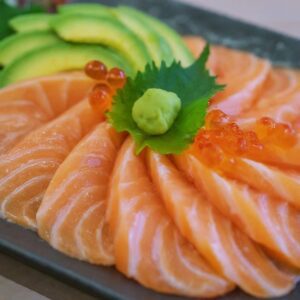
Salmon Sashimi: Sushi Grade
Ingredients
- 8 oz sashimi-grade salmon fillet
- Wasabi
- Soy sauce
- Pickled ginger
- Garnishes (optional: radish slices, shiso leaves, fresh herbs)
Instructions
- Thaw the salmon in the refrigerator if frozen.
- Rinse and pat dry with a paper towel.
- Using a sharp knife, slice the salmon against the grain into thin pieces.
- Arrange the slices on a plate, adding garnishes if desired.
- Serve with soy sauce, wasabi, and pickled ginger on the side.
